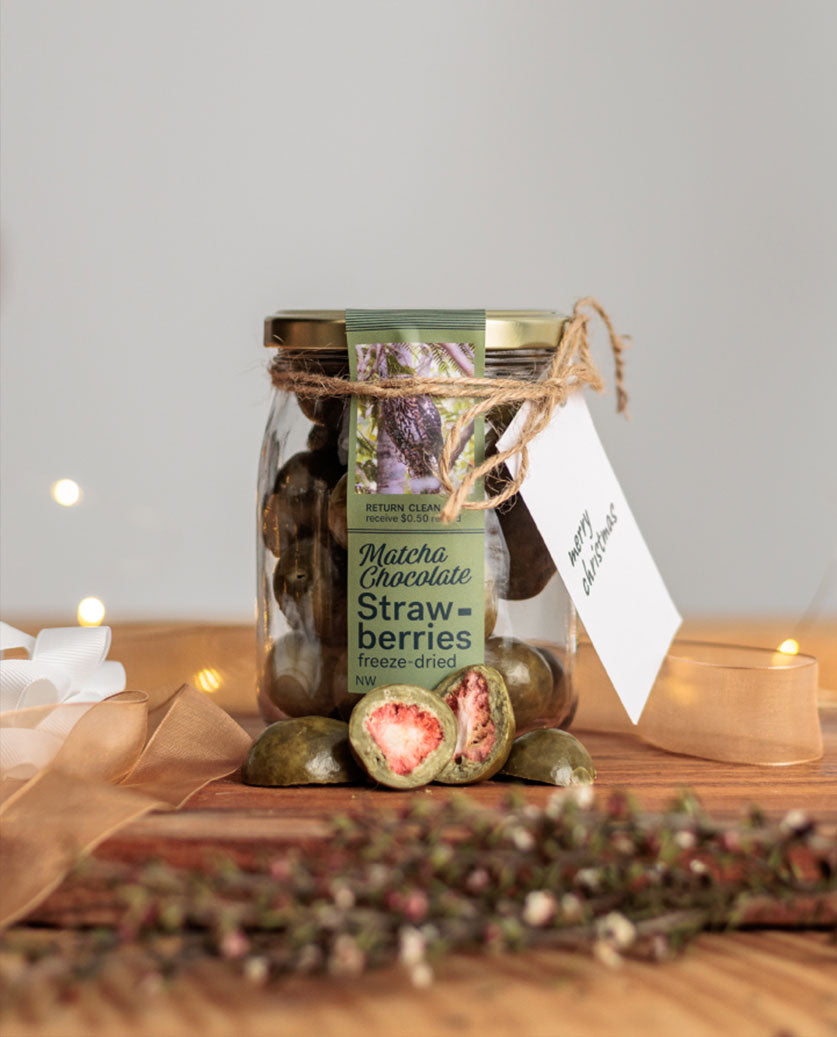How Eco-Friendly is Your Laundry Routine?
As a weekly, or sometimes even daily, household chore, the impact your laundry cycles are having on the environment is probably worse than you think. So we’ve broken things down into simple steps that you can take to green up your laundry routine.

1. Choose the Right Cycle
90% of the total energy used by a typical washing machine is used to heat the water. So the obvious solution is to lower the temperature of your cycles. Warm and hot water aren’t necessarily required to clean your clothing, and cold water may actually be preferable, resulting in less fading of darker coloured clothing, less shrinkage of natural fibre clothing, and possibly even an increase in the lifetime of your clothes. In addition to choosing cold water, opt for shorter cycle times. There’s rarely a need to keep your clothes in the machine for hours upon hours, so choose an eco-time setting.
2. Wear Your Clothes More than Once
The simplest solution to an eco-friendly laundry routine (that is often overseen) is simply to wash less. Many of us are culprits of washing our clothes after one quick wear, and each and every laundry cycle adds up in water and energy use. In some cases, washing after a single wear might be the only option – i.e. following high intensity exercise, washing your sweaty clothes is usually a must. However, with general daily wear, most garments (like jeans, shorts, sweatshirts) don’t need washing until after at least a handful of wears. By only washing occasionally, you are cutting back your household use of water and electricity.
3. Use a Micro Waste Washing Bag
Research from 2015 by the University of California shows that a single piece of clothing made from synthetic materials can release up to 250,000 microfibres every time it’s washed. Filter these tiny microplastics that leach from your clothes during washing with a micro waste washing bag. These filter bags are designed to not only minimise the amount of microplastics leaching from your clothes, but also to catch any that have been released, keeping them out of washing water and waterways. By capturing these unseen little plastics, you can dispose of them properly rather than letting our oceans take the brunt. You can find these here.
4. Use Eco-Friendly Liquid/Powder
Opting for an eco-friendly laundry liquid or powder is a positive step to creating an eco-friendly laundry routine. It’s inevitable that laundry liquids and powders used in your wash will end up in washing water, so opt for natural alternatives like Ecostore Laundry Liquid or a natural laundry powder to keep synthetic chemicals far away from our lakes, rivers and oceans. Buy these in bulk and refill as needed to save on unnecessary packaging and wastage – you can get these in any GoodFor store in the refill section.

5. Use Bamboo Pegs
Plastic clothes pegs often make their way onto beaches by falling off the line and getting flushed out to sea with storm water. Replace plastic clothes pegs with bamboo ones for hanging clothing and linen. Even if you are unfortunate enough to lose some pegs off your line and down the train, at least you know these bamboo pegs will eventually break down and won’t be contributing to plastic pollution. Go Bamboo Wooden Pegs have been designed to weather all of New Zealand’s harsh UV conditions while still being kind on your clothes. They are made from sustainable, biodegradable bamboo, with a recyclable stainless steel spring and a recycled cardboard box. Go Bamboo clothes pegs are sturdy, strong and won’t stain any light-coloured clothes as they have a low tannin content.
6. Hang to Dry
Last but not least, and an absolute no-brainer, hang your clothes out to dry rather than using a household or commercial drying machine. While this can be more time-consuming during the colder months of the year, it is a much more planet-friendly method with the added bonus of leaving your clothes and linen smelling fresh and feeling crisp. Sunlight is also one of natures best stain removers, so for any pesky stains or yellowing leave your items in direct sunlight for a natural whitening effect. For an extra boost, you can squeeze a little lemon juice or make a baking soda paste and pop these on stubborn stains before rinsing and leaving in the sun.
 GoodFor
GoodFor

